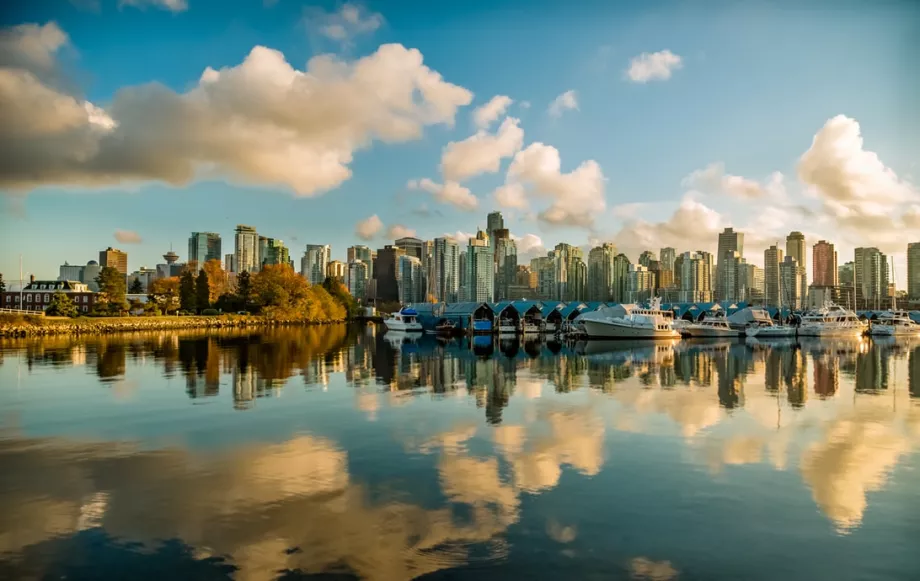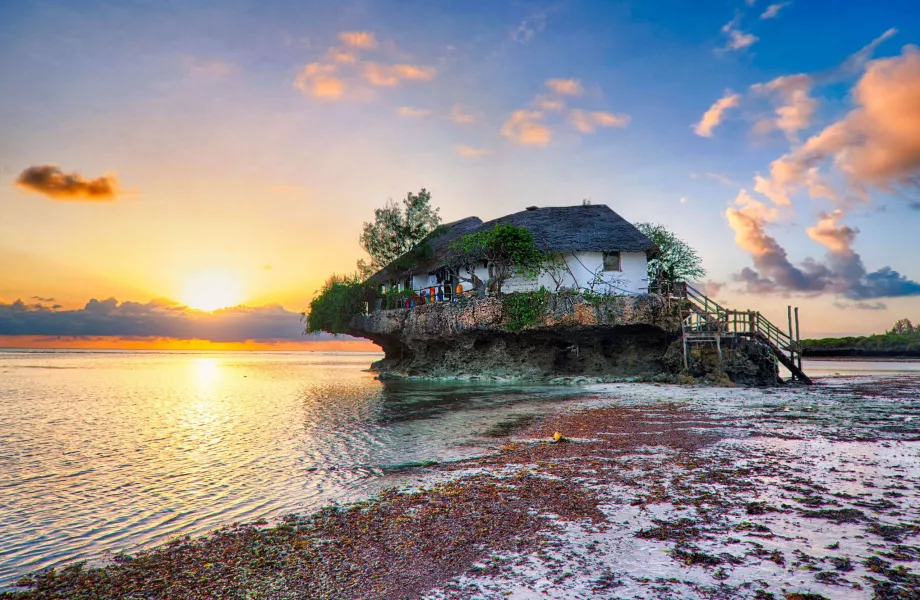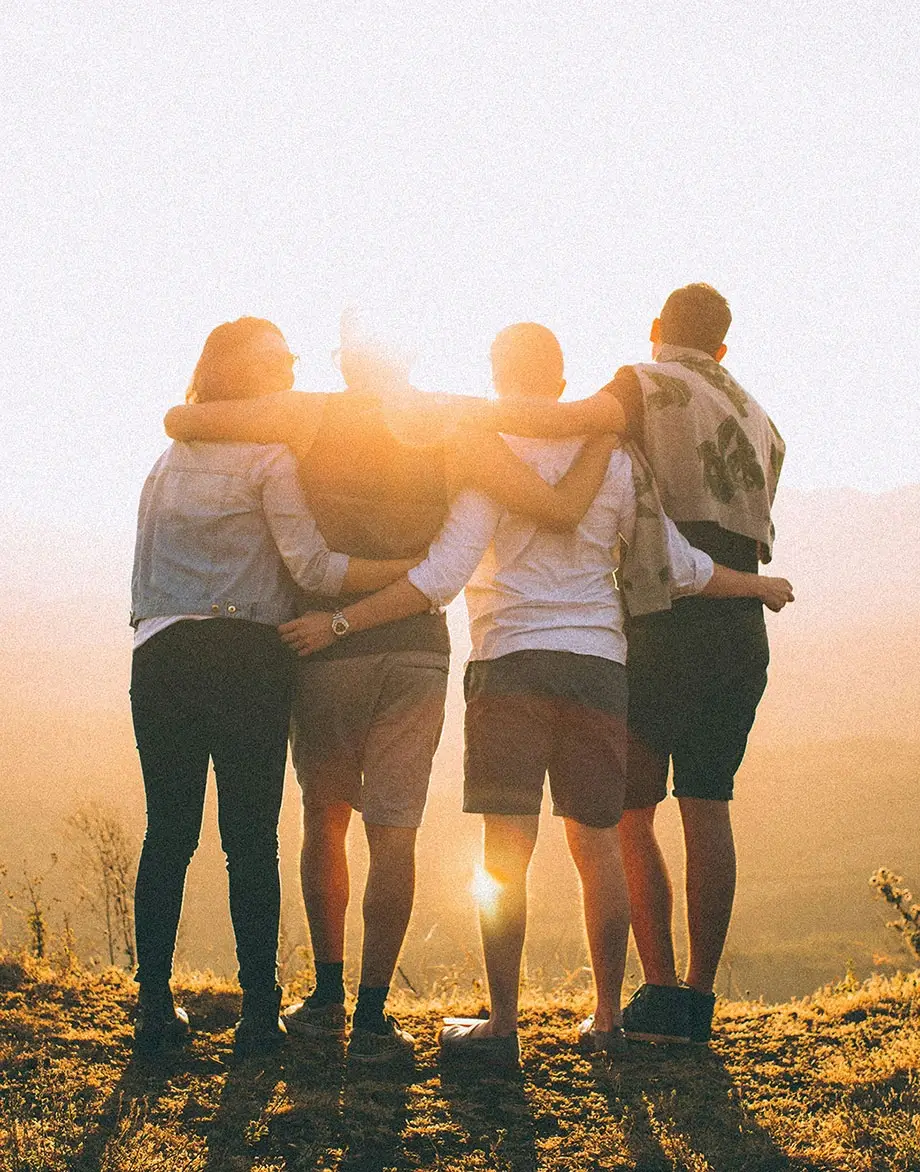
Safety in Zanzibar


What are the health risks in Zanzibar? Is it safe and where are the places with the highest crime rates?
The 10 best hotels in Zanzibar
Health risks
Zanzibar has not seen an increased incidence of any exotic diseases and is one of the safest areas in Africa in this regard.
There are no exotic diseases or extremely dangerous animals.
The most common health problems for tourists in Zanzibar are related to prolonged exposure to the sun in the heat or overestimation of swimming abilities during sea bathing. The basic thing is always enough water, ideally 3 litres a day.
Swimming in the sea
When it comes to swimming, observe any swimming bans and heed warnings about strong sea currents.
Sea currents are particularly strong on the west coast. In the east and north, the sea is very shallow and very safe.
Drinking water
Tap water in Zanzibar is not drinkable.
You can get filtered water at the hotel, otherwise we recommend drinking only bottled water from the shop.
Mosquitoes and flies
Don't forget to buy repellent for outdoor seating in the evening and for trips into the countryside.
Mosquitoes appear in Zanzibar in large numbers, especially between October and May. We recommend using mosquito nets, which are provided by most hotels.
Dangerous animals
There are few animals dangerous to humans on Zanzibar, but it is still advisable to be cautious in some cases.
Marine animals
The biggest danger lurking in the sea is sea urchins.
Most sea urchins on Zanzibar are not poisonous, but if your wound becomes swollen or red, definitely visit a medical emergency.
The waters of Zanzibar also contain extremely poisonous stonefishknown to have stone-like spines. However, they live at greater depths and are only encountered when diving or snorkelling off the beach.
There are sharks around Zanzibar, but interactions with humans are extremely rare and shark-related injuries are virtually non-existent
Stray dogs
Compared to other places in Africa such as Mauritius, stray dogs are almost non-existent in Zanzibar.
I've seen a few street dogs on the beaches around Jambiani and the restaurant The Rockbut they were always very few and not aggressive in any way.
Snakes and spiders
Zanzibar is home to several species of venomous snakes such as the mamba. However, because there are few native forests and a relatively high population density, snakes are very few and interactions with humans are extremely rare.
Spiders also live here, but even these are significantly fewer than in other equatorial areas.
Predators
There are no large predators on the island that threaten humans. All large animals live only on the Tanzanian mainland.
Compulsory vaccinations
There are no tropical diseases, vaccinations are not required for Zanzibar.
Crime
Zanzibar is a very safe island.
Serious crimes and attacks against tourists are absolutely rare, if only because tourism is the absolute dominant item in the Zanzibar budget.
Even so, basic caution is advised. Don't leave things unattended and keep valuables stored or locked in a safe.
Pickpockets are found mainly in the markets and occasionally on the beaches, but pickpockets are generally fewer here than in, say, European cities.
Within Africa, perhaps only the Seychelles or Mauritius are similarly safe.
Be wary if you are offered various excursions and services on the beach. These may be very unscrupulous vendors from whom you may not end up getting the service you agreed upon, or the overall experience may be significantly worse than that of a reputable tour operator.
We recommend booking trips in brick-and-mortar shops or ideally through getyourguide.com.
Important contacts
Telephone numbers that may be useful during your stay:
- Police - 112
- Fire brigade - 114
- Ambulance (SAMU) - 115
- Anti-corruption service - 113
Any questions left?
If you have any questions or comments about the article...

